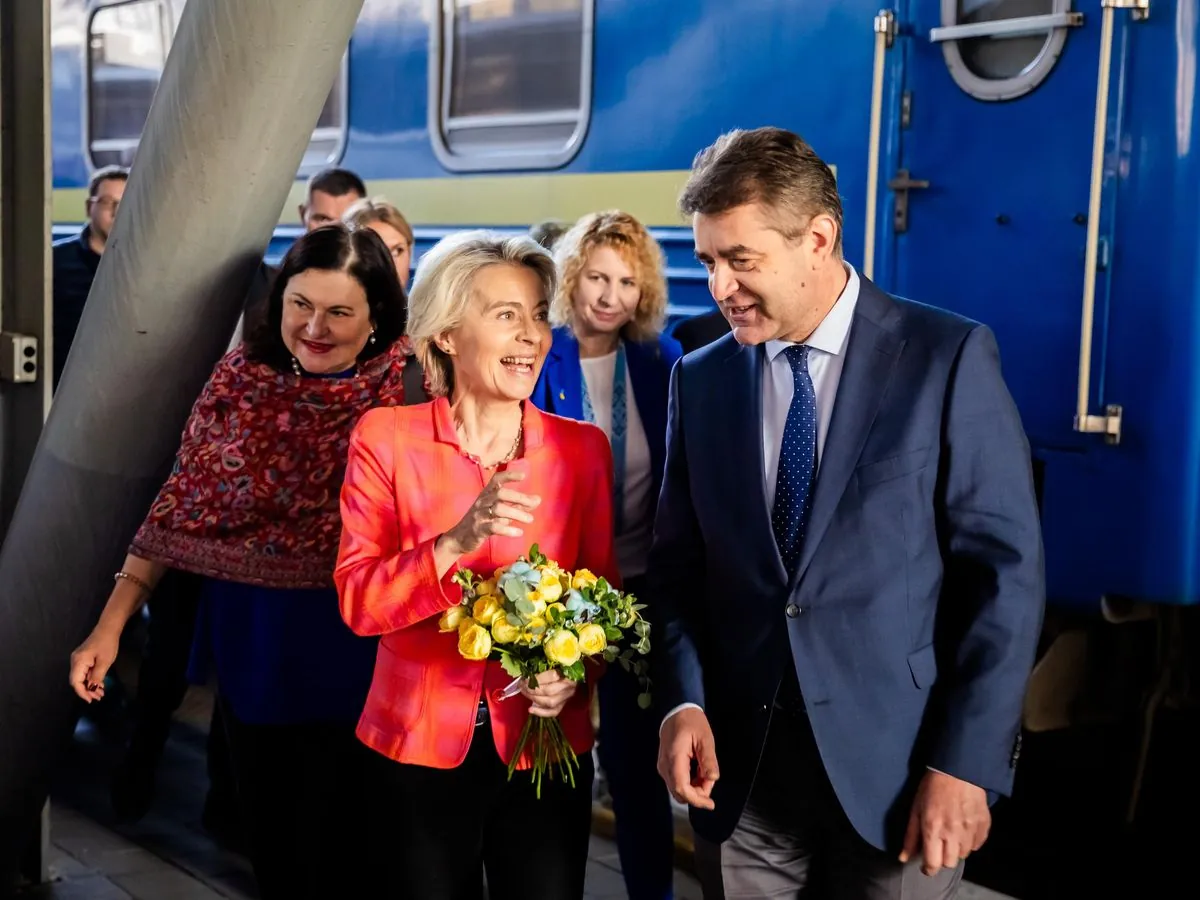As Sir Keir Starmer prepares for his first substantial discussions with European Commission President Ursula von der Leyen in Brussels on October 2, 2024, the European Union has issued a clear message: there will be no "cherry-picking" of a new Brexit deal.
EU officials have informed member state ambassadors that the fundamental principles established during the initial Brexit negotiations with the Conservative government will remain unchanged for a Labour administration. This stance underscores the EU's commitment to safeguarding the integrity of its internal market, a cornerstone of European integration since 1993.
The meeting comes as Labour seeks to recalibrate UK-EU relations, aiming for closer post-Brexit ties. However, the EU's position presents challenges to Starmer's aspirations. The Commission has pledged to maintain a balance between rights and obligations, acknowledging limited scope for expanded cooperation.
Labour's objectives include negotiating a security and migration agreement with the EU and revising the post-Brexit trade deal, which is scheduled for review in 2026. However, Starmer has ruled out rejoining the single market or reinstating free movement, which the EU views as constraining the potential for an enhanced trade agreement.
The EU's stance is rooted in its experience from the 2017-2021 Brexit negotiations, where it maintained a rigid approach to prevent the UK from selectively choosing single market benefits without corresponding obligations. This principle continues to guide the EU's approach to future negotiations.
EU member states have expressed broad support for the meeting between Starmer and von der Leyen, recognizing the potential for positive momentum. However, they emphasize that the principles applied during Brexit negotiations remain valid. This includes ensuring the UK fully implements existing agreements, such as the Windsor Framework on the Irish Sea border, signed in February 2023 but not yet fully enacted.
The upcoming talks are expected to cover various topics, including foreign and defense cooperation, energy collaboration, and fisheries access. The EU is particularly keen on clarifying Britain's intentions regarding fishing rights, as the current agreement expires at the end of 2026.
While there is potential for agreement on issues such as veterinary standards and chemicals regulations, the EU insists on UK alignment with its rules, which fall under the jurisdiction of the European Court of Justice. This could prove challenging for the UK government, which has sought to distance itself from EU regulatory frameworks.
"It is important to protect the integrity of the internal market. The Commission promised to guard the balance of rights and obligations and acknowledged that the scope to start further cooperation is limited."
As negotiations progress, both sides will need to navigate complex issues while respecting existing agreements and maintaining their respective interests. The outcome of these talks could significantly shape the future of UK-EU relations in the post-Brexit era.
